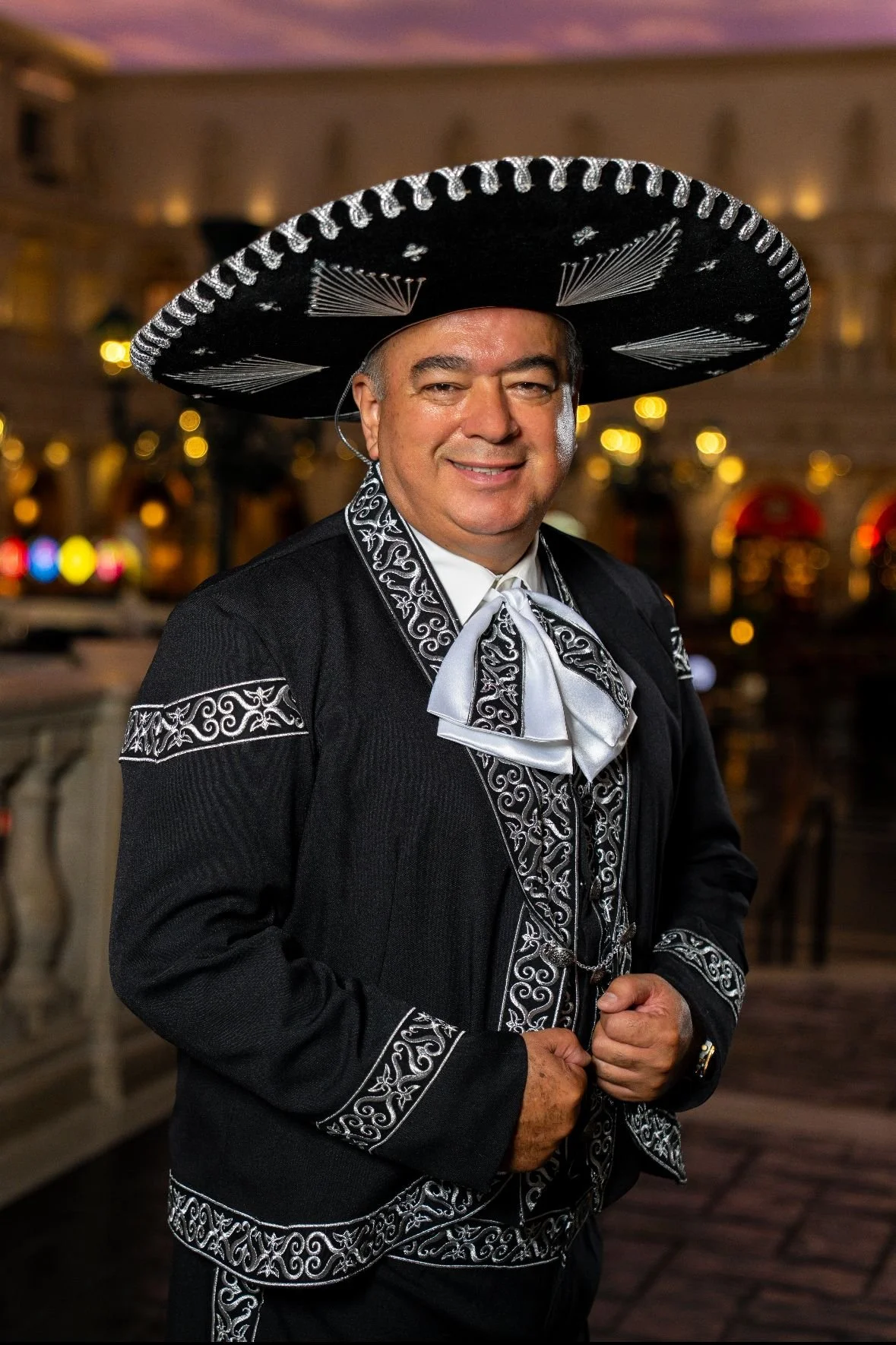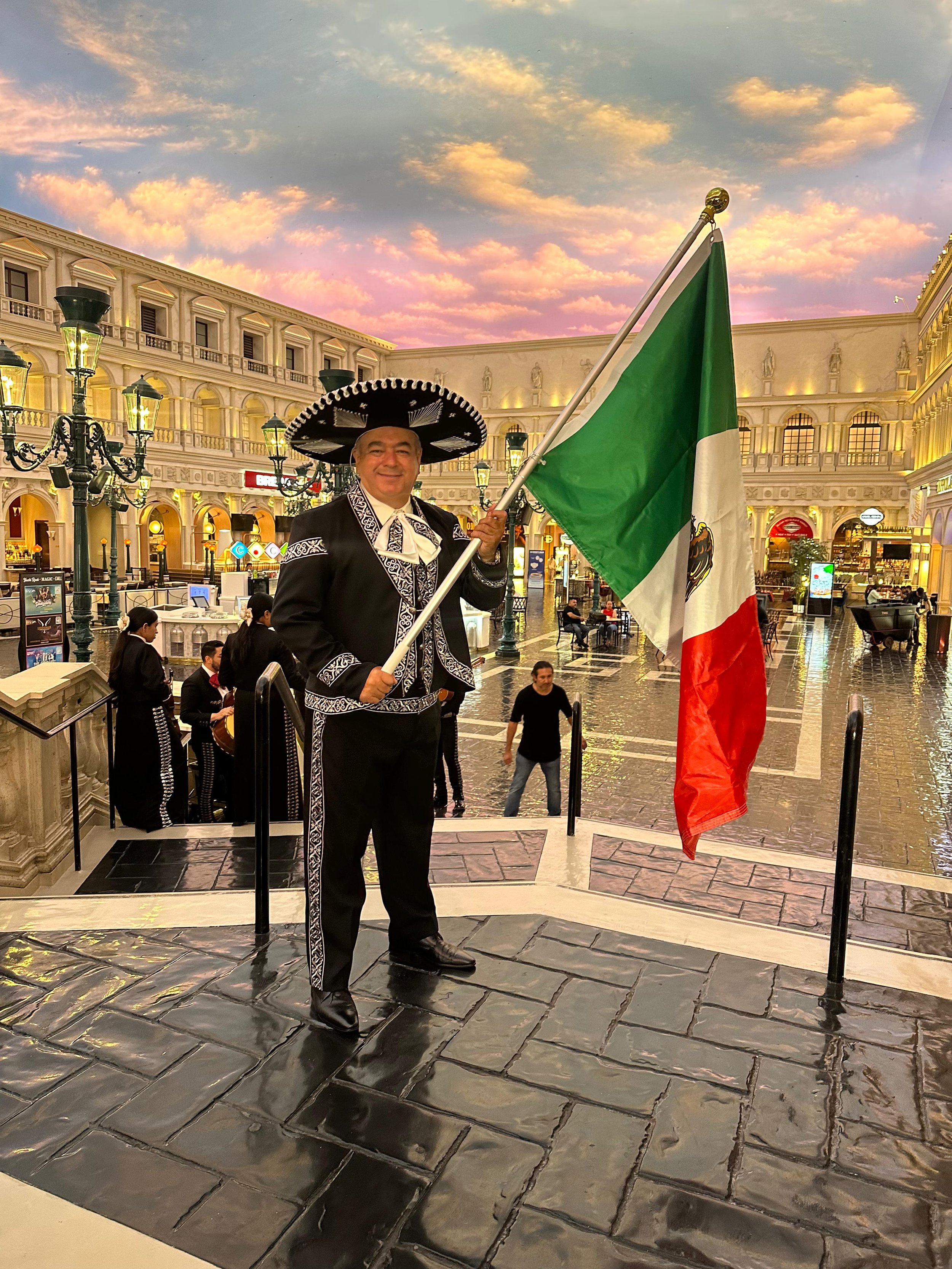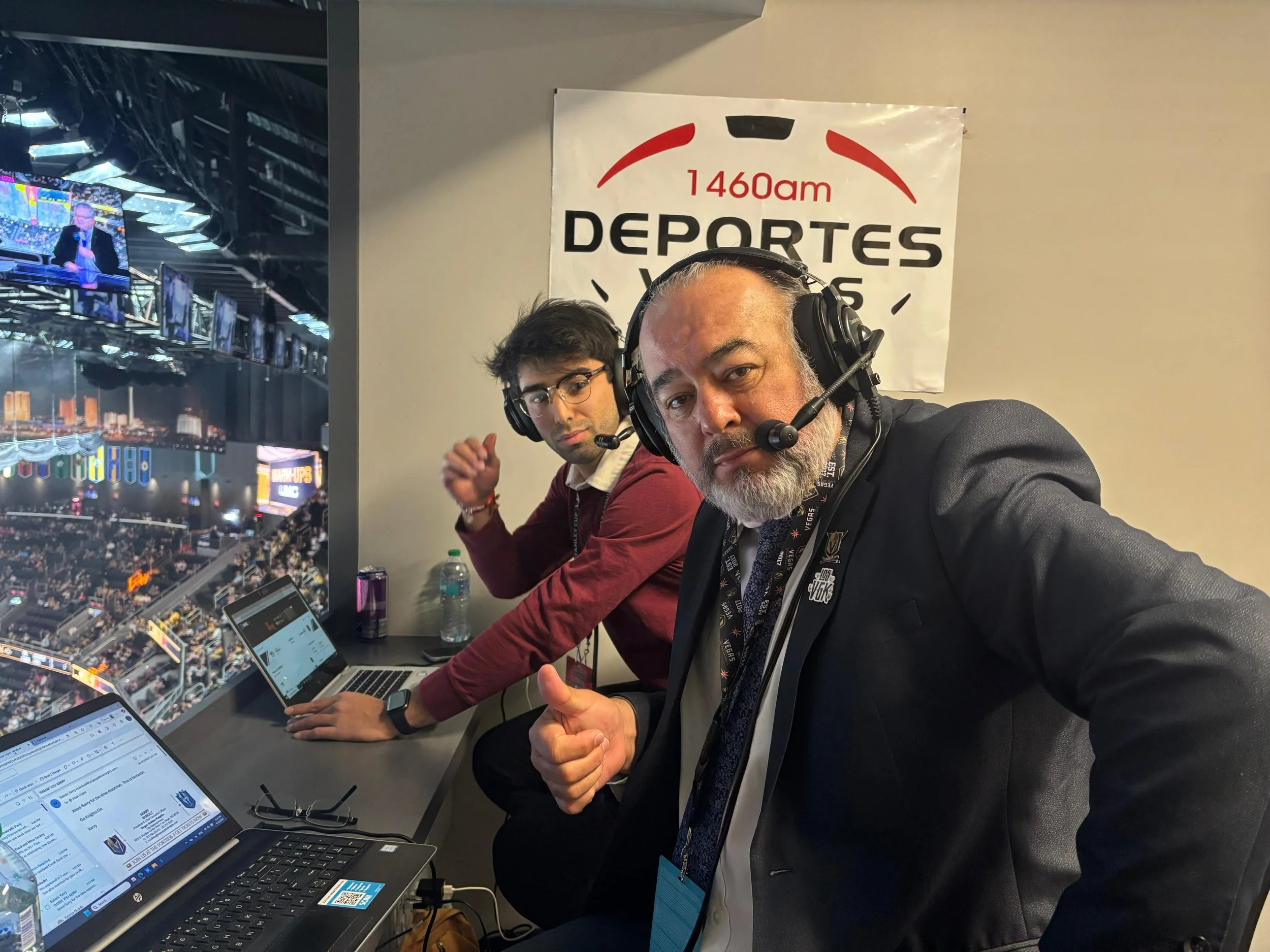EXCLUSIVE INTERVIEW
HOLLY HUMPHREY
The Romantics of Boxing
THE SCORECARD / THE ROMANTICS OF BOXING
A couple of weeks ago I had the pleasure of sitting down with Jesus Lopez in a quiet corner of Resorts World, Las Vegas. We discussed many topics, he spoke of his parents, his children, his work as a Spanish-speaking broadcaster for the Vegas Golden Knights, and the sport that has defined much of his life. But what became apparent early on in our conversation was Jesus’ passion, passion for his Mexican heritage and passion for boxing. At one point in our discussion, Lopez used a phrase that lingered, “the romantics of boxing”.
He was speaking of reminiscence. In his view, today’s boxing too often consists of carefully managed contests designed to protect an unbeaten record or maximise revenue. The fights ensure a business win, yet what they lack is urgency. “What people are yearning for”, Lopez expressed, “is the romance that first made boxing matter”.
Romance, for him, is not simply a nudge to nostalgia. It is the memory of an era when fights felt authentic. To speak of the romantics of boxing is to recall a tradition that ran through the golden age of Caesar’s Palace in the 1970s and 1980s, where the likes of Muhammad Ali and Joe Frazier showcased the grit and raw appeal of boxing. It is evident that those events were lived and felt within communities, and the modern era of boxing is not enough for those who seek to feel the fight. Lopez referenced his father, who stated, “to see good fights, you watch amateur boxing”. The point was not to diminish the professional game but simply to remind where boxing’s heartbeat truly lies, within local clubs and communities.
He saw that heartbeat in Las Vegas, for the recent Crawford vs. Canelo TKO event timed to coincide with Mexican Independence Day. For Lopez, the day itself carried a profound weight for the Mexican community in Nevada. “Being Mexican here in Nevada is different from being in Mexico”, he explained. “The people didn’t simply cross the border, the border crossed them”. On that day, flags waved, anthems rang out and a sense of belonging filled the streets. It offered Mexican families in Las Vegas a chance to reconnect with their roots and to feel pride carried through centuries. Boxing, therefore, became a vessel for cultural identity.
As Lopez closed, his words cut through the noise, “People are losing identity due to all this new rhetoric. They hear all the time from the far right saying they don't belong.
We belong and we aren’t going anywhere.”. On nights like Mexican Independence Day, the heart of boxing is felt by the people and the romance of boxing becomes visible once again. That feeling lives within the sweat of neighbourhood gyms, where the kid who arrived withdrawn stands a little taller. This is where boxing still belongs to everyone. That, Lopez suggests, is the true romance of boxing.




